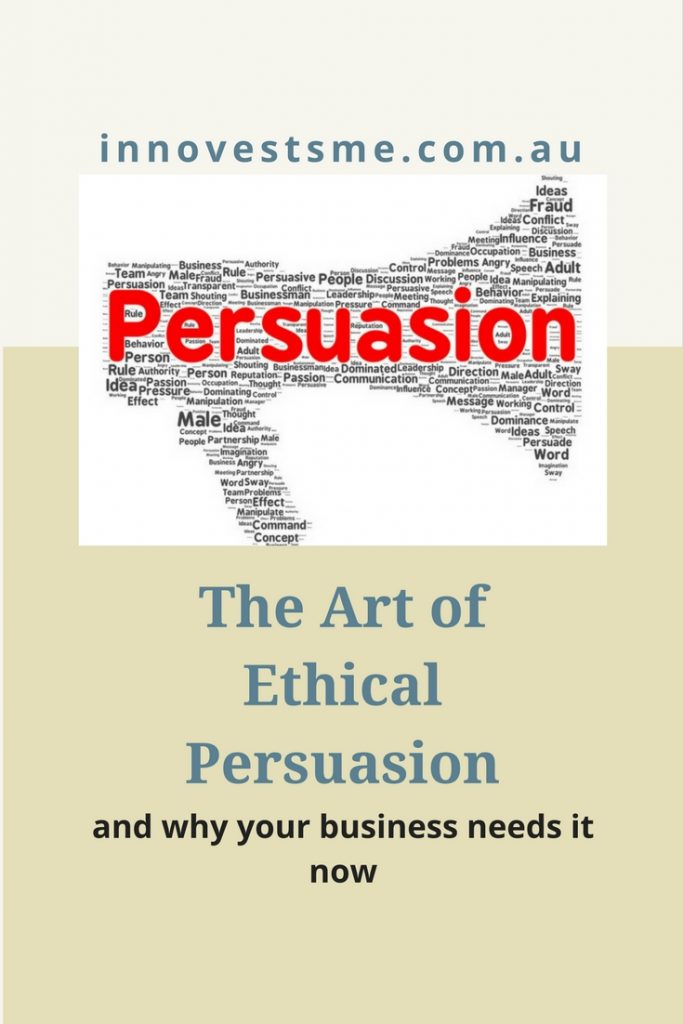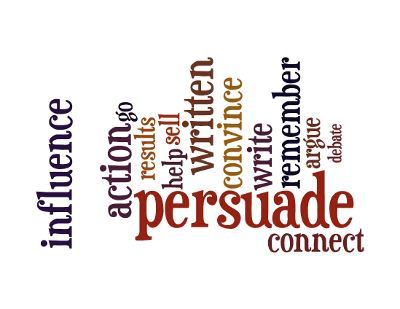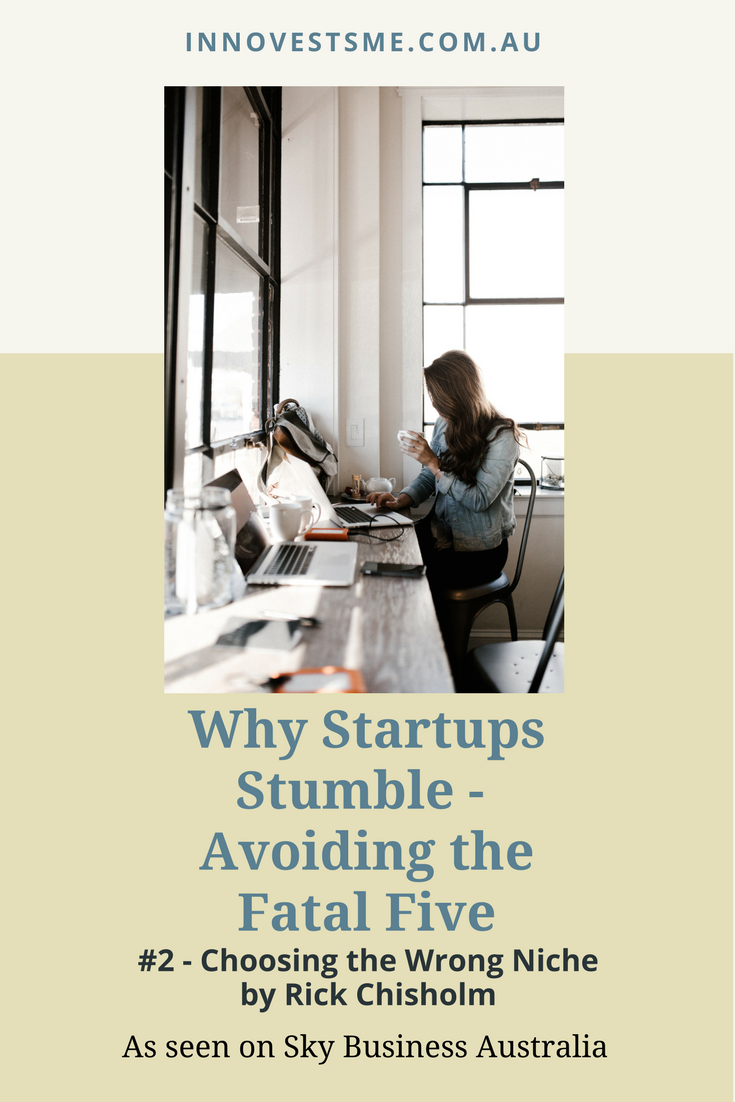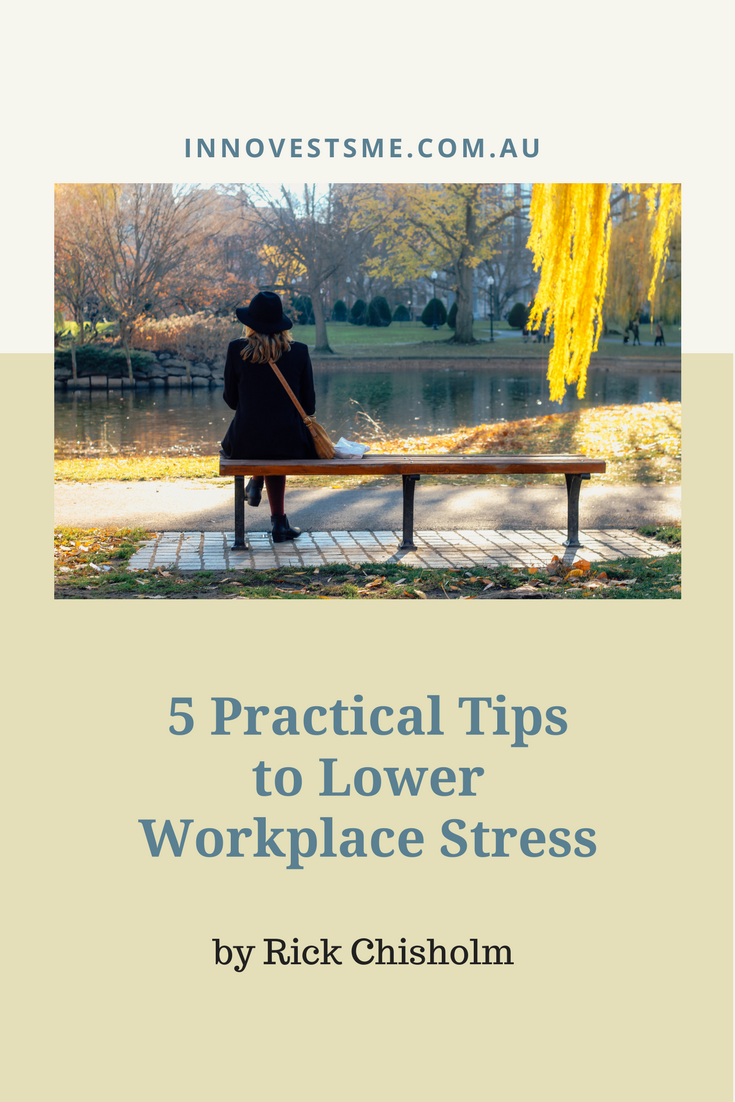The Art of Ethical Persuasion and why your business needs it now.
The Art of Ethical Persuasion
We spend a lot of time in many of our courses, talking about the art of ethical persuasion.
Persuasion in marketing is so rampant that we fail to realize how often we are persuaded into making a purchase, albeit through means considered unethical. Persuasion through ethical means is a whole different ball game.
With a plethora of small business operating in Australia, it is imperative that you define your brand through ethical means. Recent figures from the government reveal that they are 2 million small businesses within the country. The small businesses are found to employ more than 4.5 million employees. The small businesses operating within the country account for 97 percent of all employment within Australia and turn over more than $340 billion a year.
The figures do look staggering, but there is more to it than what is seen by the eye.
Out of 100 small businesses, only 4 make it past 10 years. This being said, only 1 out of these 4 businesses gets to thrive and achieve satisfactory success.
The low success rate for small businesses spurs from a variety of reasons. One very important factor limiting the success for small businesses is the inability to persuade. The inability to persuade can impede progress in three ways.
- Cannot persuade customers into buying their products and services.
- Cannot persuade investors into investing more capital for realistic growth.
- Cannot persuade staff to give their best.
- Cannot persuade suppliers into setting minimal rates.
While persuasion generally might sound unethical, there are numerous methods that you can use to achieve a rise in sales, growth and sustainability without compromising on ethics. Here we outline a few tips from our sessions, which you can implement to ethically persuade all your customers into buying your products and services.

Create Scarcity
One of the major and most effective tools of ethical persuasion used by businesses is to make the customers perceive scarcity. The scarcity can be linked to time or the actual quantity of the product, but whatever means you apply, you should ensure that the customer gets into action.
Good Friday sales achieve a huge response from the public during the festive occasion, but the main factor that they thrive on is the fact that they create scarcity of time. By giving eye opening deals for only 24 hour periods, businesses get customers into action through ethical persuasion.
Use Facts with Emotions
People respond to facts and information, but it is only emotion that makes them take action.
Selling through emotions is a brilliant method of persuading customers into action.
While the concept does work on its own, it gets even more authentic and ethical if you back the emotions up with genuine facts. This way, you can attract both the rational and emotional side of all customers. Go with something like “We assure that this system will get you the promised 15 percent increase in revenue during the first 2 years and the peace of mind you have been so desperately searching for”. Customers will respond affirmatively whenever you back your claims for emotions with genuine facts.

Let Them Know What They Are Missing Out On
More than letting them know what they will be getting from a product or service; humans are better persuaded by an overview of what they are missing out on by not using the product or service you are offering. So, let the customers know what they are missing out on and ethically persuade them into making a purchase.
You can always attend any one of our sessions to get a better understanding of how to ethically persuade customers.
Robert Cialdini famously said – “persuasion skills exert a far greater influence over others that formal power structures do”.
Remember – YOU have that influence and you can create a successful and fruitful business with that attitude.




